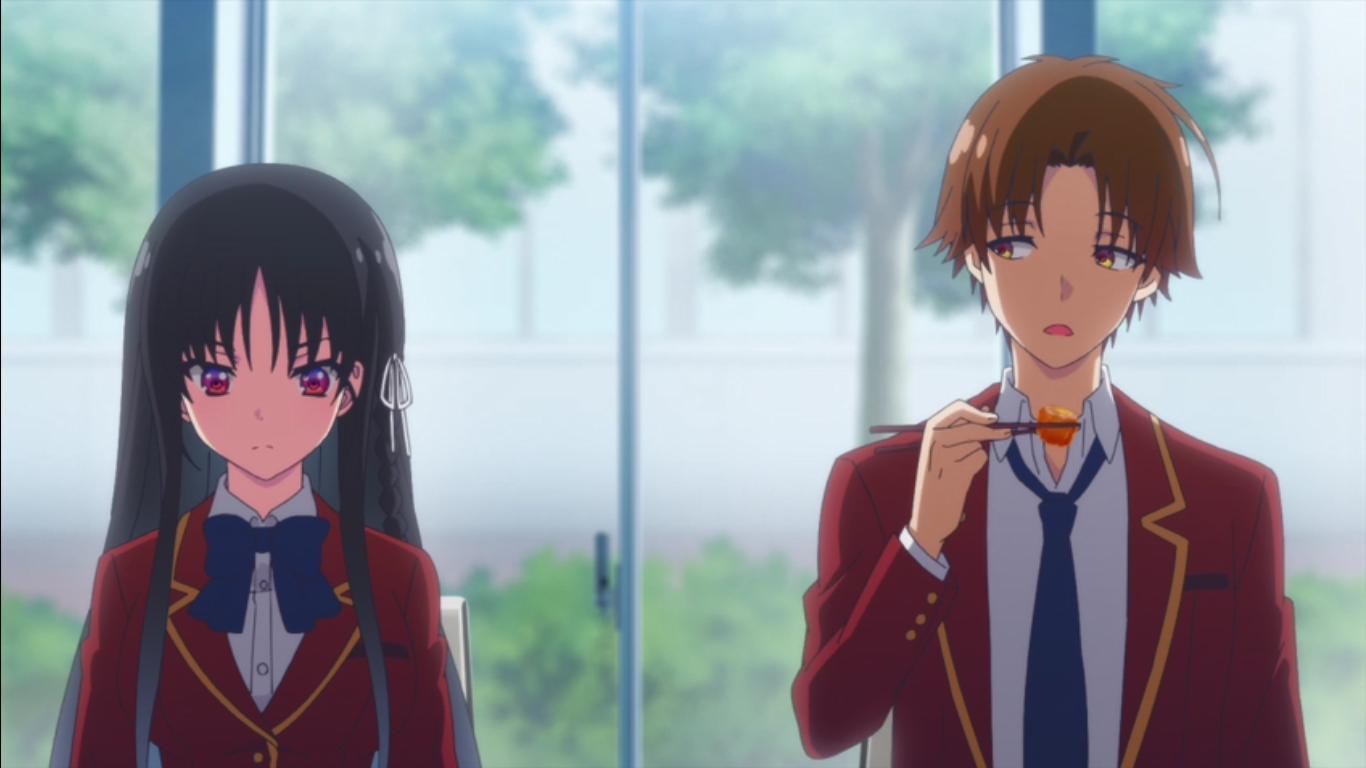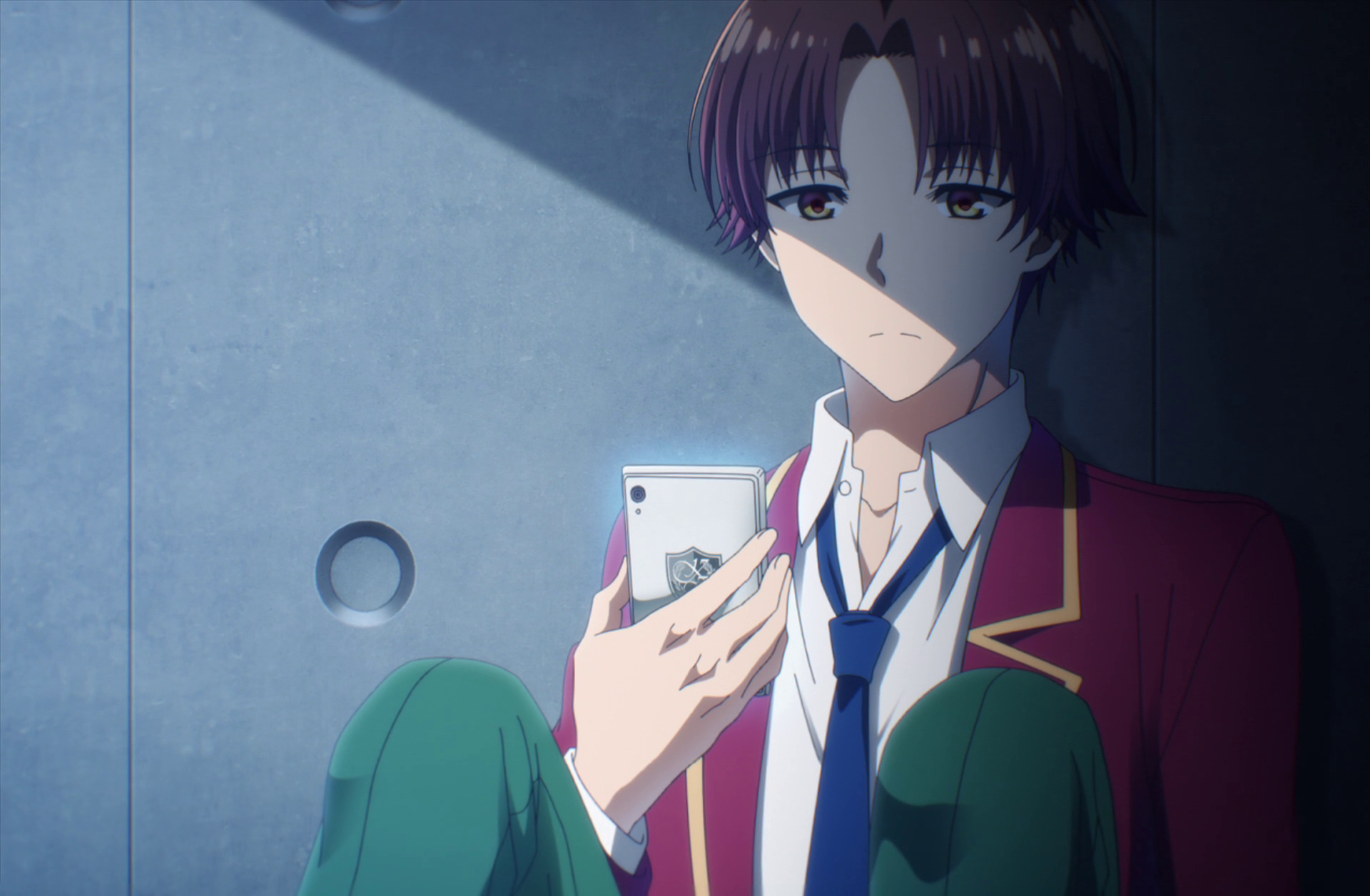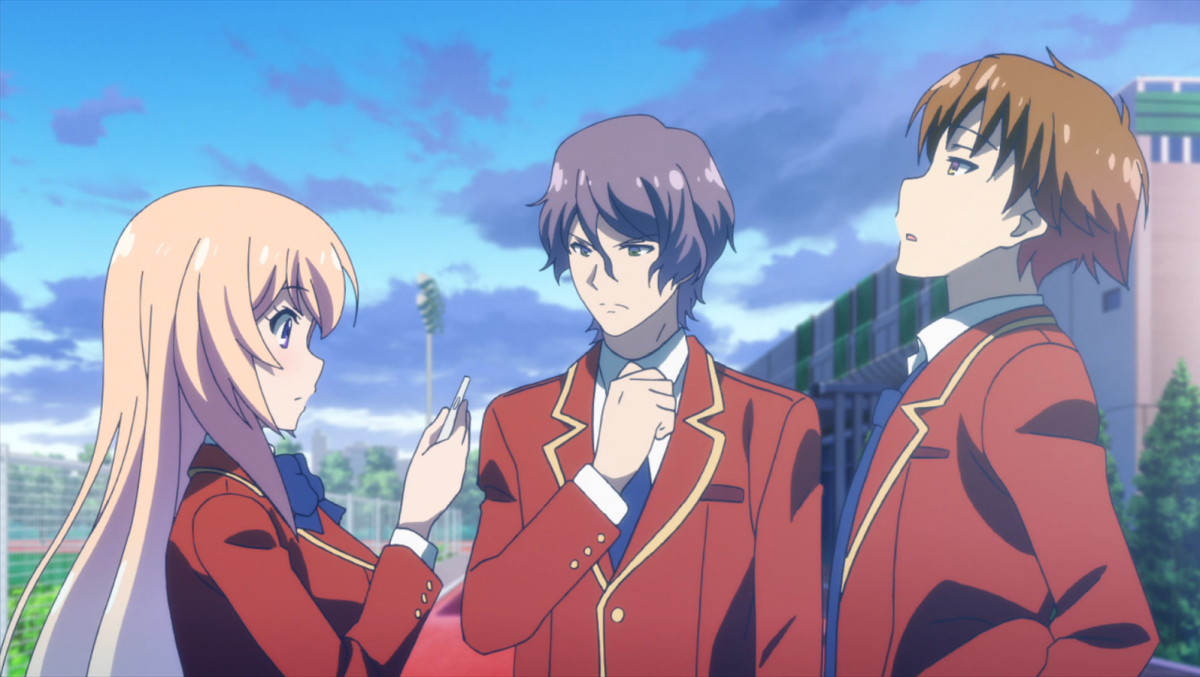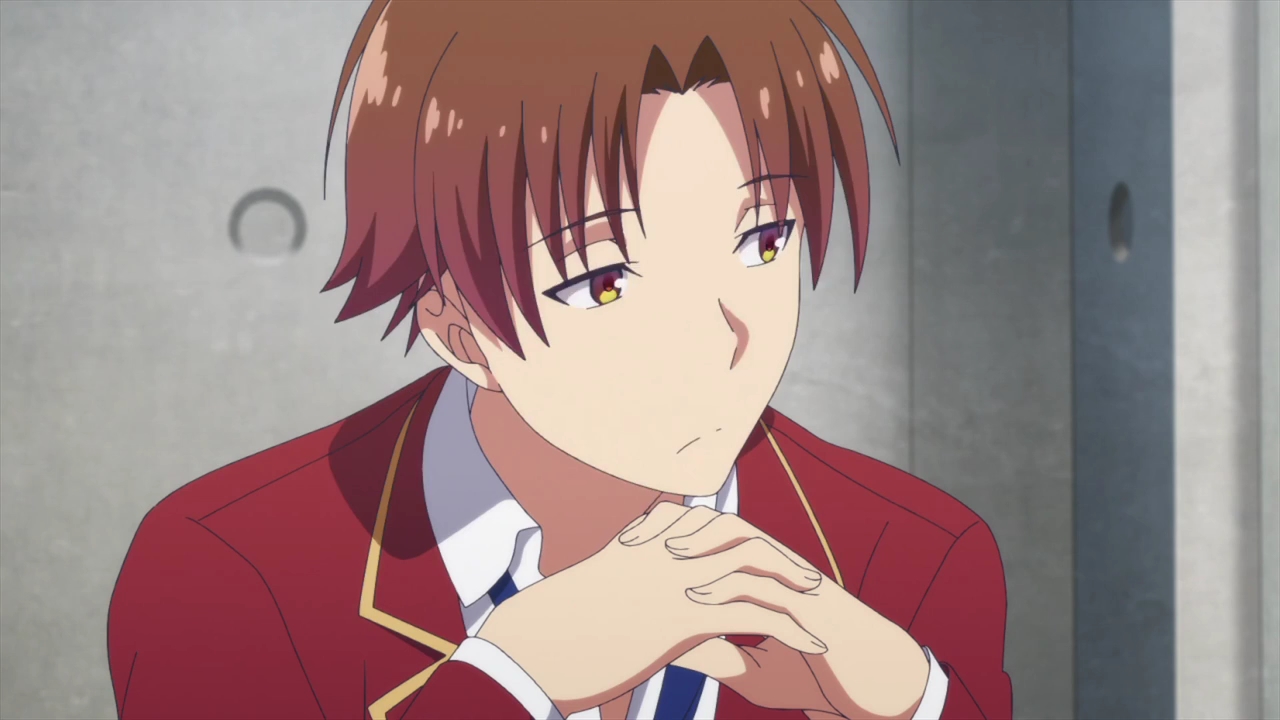Ayanokoji from Classroom of the Elite isn’t emotionless — he’s mastered the art of hiding his feelings. Here’s why his quiet emotional intelligence defines him.
Introduction – The Misunderstood Genius of Ayanokoji
Every generation gets its “emotionless genius” — the character who speaks in monotone, calculates like a machine, and moves through life with unsettling precision. For this generation, that’s Kiyotaka Ayanokoji from Classroom of the Elite.
But here’s the twist: Ayanokoji isn’t cold — he’s controlled.
He doesn’t lack emotion. He just learned early on that emotions are a weapon that can be turned against you.
His world taught him to survive by hiding his humanity. That’s not indifference. That’s trauma turned discipline.
Why Fans Think Ayanokoji Has No Emotions
His Calculated Demeanor
Ayanokoji’s face barely changes. His tone is always calm. Whether he’s manipulating class hierarchies or saving a classmate, his emotional state seems steady — almost robotic.
But that’s surface-level perception. Beneath that calm lies an ocean of restrained emotion.
The “White Room” Trauma
The White Room isn’t just a facility — it’s a psychological experiment designed to destroy individuality. It stripped Ayanokoji of childhood, connection, and empathy.
When your entire life is about perfection, emotions become your enemy. So he locked them away to survive.
A Deliberate Mask, Not a Personality
Fans mistake his mask for who he is. But Ayanokoji doesn’t fake being cold — he chooses to suppress his warmth because the world around him doesn’t deserve to see it.
Ayanokoji’s True Nature Beneath the Calm
Emotional Intelligence Disguised as Detachment
Unlike other “smart” protagonists, Ayanokoji understands people better than they understand themselves. He reads micro-expressions, anticipates manipulation, and always stays one step ahead.
That’s not apathy — that’s hyper-awareness.
How He Connects Without Showing It
Ayanokoji forms quiet, meaningful bonds — especially with Horikita and Kei. His gestures are subtle: saving someone from expulsion, guiding them toward growth, or offering silent comfort when words would fail.
The Subtle Moments That Reveal His Humanity
Remember his faint smile after Kei stands up for herself? Or his hesitation before using someone as a pawn? Those moments are proof: he feels deeply — he just refuses to let emotion cloud judgment.
His Relationships Reveal the Truth
Ayanokoji and Horikita – Mutual Respect Without Words
Their connection is intellectual, not romantic. He respects her willpower and sees a reflection of his younger self in her struggle. She’s one of the few he treats as an equal, and that’s his quiet form of affection.
Ayanokoji and Kei Karuizawa – A Cold Partnership or Hidden Care?
At first, she’s a pawn. But over time, we see cracks in his detachment. He protects her, not out of strategy — but something that looks suspiciously like concern.
He teaches her to stand on her own, even if it means pushing her away. That’s love disguised as indifference.
Ayanokoji and Kushida – The Art of Understanding Manipulation
He sees through her facade instantly, but he doesn’t expose her — he understands it. His restraint isn’t weakness; it’s empathy with boundaries.
The Influence of the White Room – A Prison for Emotion
Raised to Be Perfect, Not Human
The White Room treated emotion like a flaw. Compassion, fear, curiosity — all punished. Ayanokoji didn’t grow up without emotion; he grew up afraid of it.
How His Childhood Crafted His Emotional Shield
His composure is a learned response to trauma. Every blank stare is a survival mechanism — not a lack of feeling.
Moments Where His Control Cracks
There are glimpses — when he sees others suffer, when someone breaks his careful logic, when he remembers his father’s manipulation. That’s not emptiness; it’s containment.

Why His Emotional Suppression Is His Greatest Strength
Logic as Armor in a World of Chaos
In a cutthroat environment like the Advanced Nurturing High School, emotion is vulnerability. His suppression isn’t cowardice — it’s evolution.
How His Detachment Gives Him Power Over Others
People show their cards through emotion. Ayanokoji’s poker face lets him play chess while everyone else is playing checkers.
The Cost of Emotional Control
But it’s lonely. His victories feel hollow because connection requires vulnerability — something he’s still learning to allow.
Ayanokoji’s Philosophy – Feeling Without Showing
He Doesn’t Hide His Heart from Malice, But from Manipulation
He knows that once people sense care, they exploit it. So he hides his emotions not out of cruelty, but self-preservation.
Stoicism vs. Sociopathy
He’s not a sociopath. He’s stoic — someone who values control and rationality above reaction. He doesn’t lack empathy; he chooses when to show it.
Why He’s the Most Realistic “Emotionally Intelligent” Anime Character
In a genre full of exaggerated heroes, Ayanokoji’s restraint feels real. He’s not heartless — he’s human in the most painful, quiet way possible.

Fan Misinterpretation – Why the Internet Gets Him Wrong
“Emotionless Protagonist” Trope Overshadowing His Complexity
Fans lump him in with cold, edgy archetypes — but Ayanokoji’s silence isn’t aesthetic. It’s trauma in disguise.
People Mistake Restraint for Absence
We equate emotion with display. If someone doesn’t cry, we assume they don’t feel. Ayanokoji proves that still waters run deepest.
His Subtle Empathy Gets Lost in the Noise
He cares, just differently. Through actions, not words. Through control, not chaos. That’s his love language.
Why Ayanokoji’s Character Matters in Modern Anime
Redefining the Cool, Smart Archetype
He isn’t a “power fantasy” — he’s a psychological one. A reflection of modern numbness, survival, and the quiet battle between emotion and intellect.
The Rise of Emotionally Intelligent Antiheroes
Ayanokoji stands with characters like Light Yagami and Lelouch — but unlike them, he’s self-aware. He manipulates without ego, acts without delusion.
What Viewers Can Learn from His Control
In a world that rewards emotional outbursts, Ayanokoji teaches restraint, observation, and the strength of silence.

FAQs About Ayanokoji’s Emotions
Q1: Is Ayanokoji a sociopath or just emotionally repressed?
He’s emotionally repressed due to trauma, not psychopathy. He feels — he just doesn’t display.
Q2: Does he care about anyone?
Yes. Horikita, Kei, and even his classmates — but his care is expressed through strategy, not sentimentality.
Q3: Why doesn’t Ayanokoji express feelings openly?
Because in his world, emotions are liabilities. He hides them to survive, not to deceive.
Q4: What does the White Room symbolize in his emotional journey?
It’s the cage that built him — the place that stripped his humanity so he could learn to reclaim it, piece by piece.
Conclusion – Ayanokoji Feels Everything, Just Quietly
Ayanokoji isn’t emotionless. He’s disciplined.
His calm is armor. His silence is survival. His distance is protection — not indifference.
The tragedy isn’t that he can’t feel. It’s that he’s never been allowed to.
And the beauty? That despite everything, he still does.
Read more : Top 10 Best Anime to Watch When You’re Sad (Guaranteed to Make You Cry & Heal)





2 thoughts on “Ayanokoji Doesn’t Lack Feelings — He Hides Them (The Truth Behind His Cold Genius)”